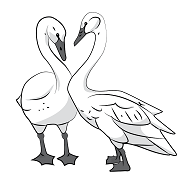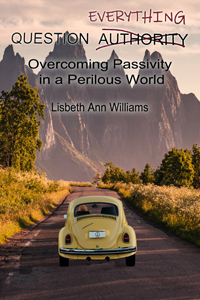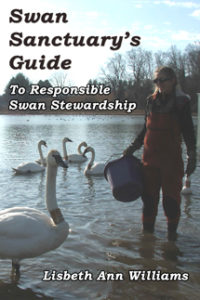We are far more like plants than may at first be seen. The purpose of a plant is first, to grow; then to produce a flower, and finally, to make seeds. If the plant is perennial, it may produce many generations of flowers and seeds. A biennial or an annual has a limited space of time in which to accomplish the same thing. When we are born, pushed out of our mother’s womb, we emerge fragile and vulnerable, just like a tiny plant breaking out of its seed coat. If we are healthy and we have been adequately nourished, we continue to grow bigger and stronger. In time, we reach maturity and we begin to flower into adulthood. We blossom into the person we were born to become. Our purpose may have been something we knew intuitively from a young age, if we were driven to become an artist, a musician, or a dancer. Many of us remain stagnant for a time, like a plant that does not appear on the surface to be growing; but beneath the soil the roots are quite busy getting on with life. Likewise, underneath the armor of our persona, our soul is seeking meaning and the reason for our existence. When we discover who we are and what it is that we love doing, we begin to thrive. For some, this can take many years; but as has been said, it is the journey and not the destination that we need to concern ourselves with. Some people have several shorter vocations, rather than one which lasts a lifetime. Discovering our unique gifts and sharing them with the world gives us a sense of fulfilment and a sense of belonging. Instead of feeling lost in this vast universe, we begin to understand that we are a part of it.
There comes a time in the life of a plant, when the flowers begin to fade and the leaves to die off. In our human flowering, we grow old and our body begins to show signs of aging. We lose our youthful appearance. It is a time when the seeds of our accumulated wisdom begin to form. The nuggets of knowledge that we have collected can be passed down to the next generation and hopefully, for generations to come. The abundance of seeds produced by plants will simply fall to the ground, or be eaten and transported through the digestive tract of a bird or animal, or carried miles away on a current of wind. Most will never germinate. Only a tiny percentage of the lessons learned in our lifetime will be passed down. But one day, something that a grandmother said to her granddaughter, or advice given from a father to a son, or a line read from an old book, will suddenly come back to life. This is how our seeds carry from one generation to the next.
Those of us who have reached that stage in life when our knowledge and wisdom can be passed down to our children and grandchildren, are given a final opportunity to make a difference. Whether we feel that we have contributed much to life, or bungled every opportunity we had; we still have time to walk a short distance with the generation that will follow in our footsteps. We must guide them carefully, but also know that some will not be receptive to our outstretched hand. They may choose a more difficult path and we must allow them to take it. It is not our responsibility to control where our seeds may fall.
Wise men and wise women have always been depicted as very old human beings. There is a reason for this. Wisdom comes only through the seeds – not the flowers. Although we have no say as to where our seeds will land, or whether or not they will germinate, we can release them knowing that the cycle of our life is complete.



